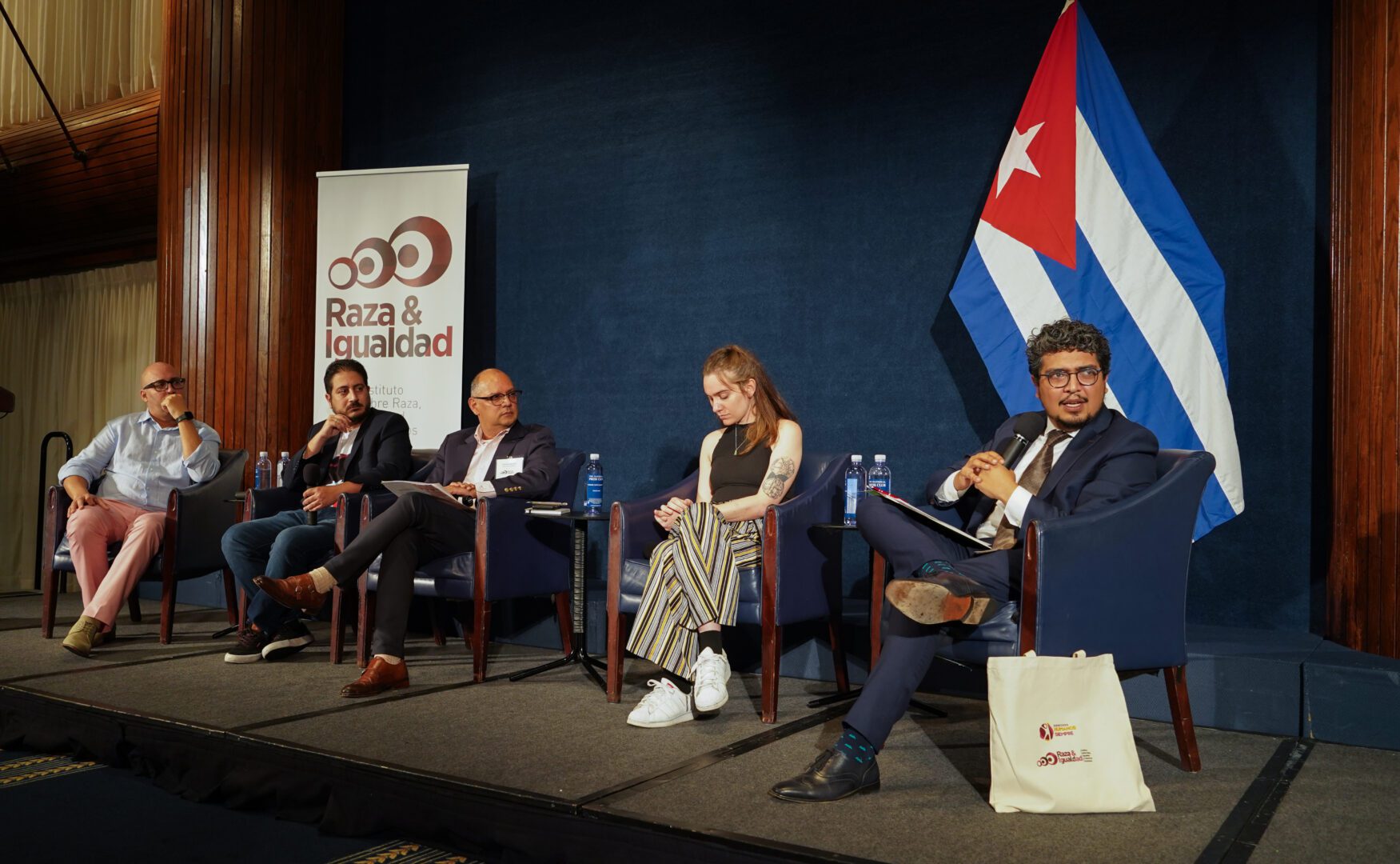There is a generalized context of human rights violations in Cuba, which, added to the serious economic crisis currently facing the country, places its population in a situation of constant defenselessness. This reality was made evident after the peaceful protests that occurred in July 2021, where the Cuban authorities arrested about 1500 people for demanding their rights. As a result of these demonstrations, repression has exacerbated and operates differently for Afro-descendants, women and LGBTI+ people, who are also victims of racial discrimination and gender violence.
Although the authorities claim that racial discrimination was eliminated by the Cuban Revolution, the Afro-Cuban population continues to face different expressions of structural racial discrimination and social exclusion, such as high unemployment rates, and lack of access to housing and quality education, among others. The poverty and violence suffered by a large percentage of women is even greater if they are part of the opposition to the government, or are independent activists. Meanwhile, the LGBTI+ population finds itself in a context where freedom of expression is controlled and restricted by the State.
Our work in Cuba
Race and Equality closely monitors the aftermath of the July 2021 protests, which are considered historic due to the large number of people who took to the streets. We also work to strengthen our partners who monitor and document human rights violations committed on the island. At the same time, we increased access to human rights information and provided technical training, representation, and legal assistance to people who have been victims of arbitrary detention, discrimination, repression, and harassment.
We have filed petitions with the Inter-American Commission on Human Rights (IACHR) on behalf of activists, and we have also filed letters of allegation and other actions with the United Nations Special Procedures. We support partners in the preparation of reports and encourage them to participate in the reviews of the Treaty Bodies to Cuba, such as the 2022 evaluation of the Committee against Torture (CAT); and the preparation of alternative reports for Cuba’s reviews to the Universal Periodic Review (UPR).
At Race and Equality, we follow up on the new legal reforms that are promoted on the Island, such as the Penal Code and the Family Code. Likewise, we carry out advocacy work before international human rights organizations, and we participate and manage the intervention of Cuban leaders in key events, such as the Summit of the Americas, the OAS General Assembly, the United Nations General Assembly, thematic hearings before the Inter-American Commission on Human Rights (IACHR), and high-level meetings such as the one held in July 2022 with Michelle Bachelet, then United Nations High Commissioner for Human Rights. We also commemorate important dates, publish reports, denounce to the media the serious human rights situation in this country, and provide psychosocial support to victims of human rights violations in Cuba.

Our Achievements
- Over the past few years, Race and Equality has produced several reports on the human rights situation in Cuba. One of the most recent reports, “How to Understand 11J and 15N in Light of International Human Rights Standards? An Intersectional Approach”, analyzes the human rights violations that occurred in July and November 2021, and the effects caused on people of African descent, women, LGBTI+ people, independent journalists, artists and young people.
- We support partners in preparing reports and participating in the reviews of the Treaty Bodies to Cuba, such as the evaluation of the Committee against Torture (CAT) that took place in 2022
- We provide legal assistance in human rights cases before regional and international bodies. We have presented petitions to the IACHR on the situation of women who are part of the organization Ladies in White and in favor of other activists, such as the coordinator of the Patriotic Union of Cuba, José Daniel Ferrer, who has been deprived of liberty since the 11J protests.



